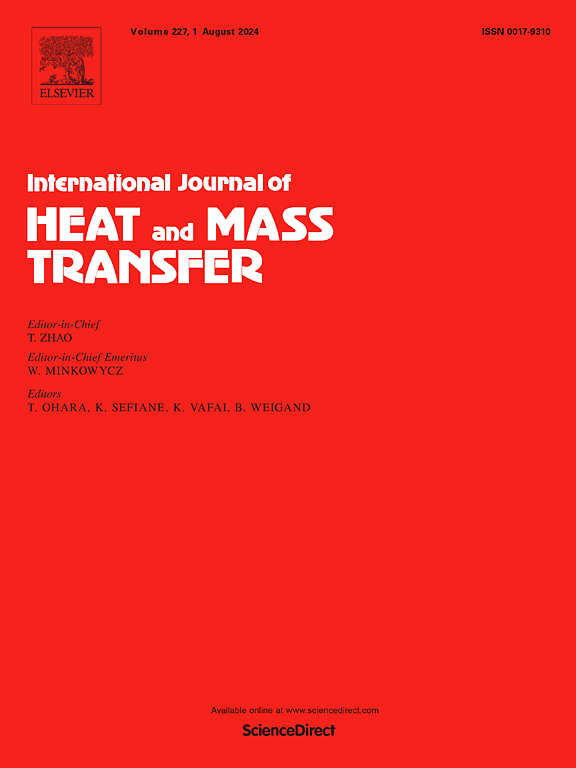基于POD数据约简的递归神经网络航天器热分析暂态全系统代理模型
IF 5.8
2区 工程技术
Q1 ENGINEERING, MECHANICAL
International Journal of Heat and Mass Transfer
Pub Date : 2025-09-27
DOI:10.1016/j.ijheatmasstransfer.2025.127854
引用次数: 0
摘要
航天器的运行是高度不确定的,并且暴露在极其恶劣的热环境中。因此,利用综合热分析来设计航天器是很有必要的。然而,传统的热数学模型(TMM)由于计算成本高,在许多情况下难以实现。因此,已经提出了各种替代模型来降低计算成本。然而,这些模型都不能预测整个航天器的各种分析案例的时空温度分布,导致难以完全取代基于tmm的低计算成本热分析。本研究提出了一个替代模型,可以快速估计整个系统的瞬态温度分布的各种分析情况。提出的替代模型POD-RNN将适当正交分解(POD)与递归神经网络(RNN)相结合,可以有效地学习时空特征。数值实验表明,该方法具有较高的预测精度,平均误差为1.53 K。与TMM热分析相比,该方法预测温度分布的计算成本仅为0.23%。所提出的POD-RNN可以快速估计与基于tmm的热分析相同数量的信息,为热分析提供了比传统替代模型更灵活的应用。本文章由计算机程序翻译,如有差异,请以英文原文为准。
Transient system-wide surrogate model for spacecraft thermal analysis using recurrent neural networks with POD data reduction
Spacecraft operations are highly uncertain and exposed to extremely harsh thermal environments. Therefore, it is essential to design a spacecraft for contingencies using comprehensive thermal analysis. However, the conventional thermal mathematical model (TMM) is difficult to implement in many cases because of its high computational costs. As such, various surrogate models have been proposed to reduce computational costs. However, none of these models can predict the spatiotemporal temperature distribution of an entire spacecraft for various analysis cases, resulting in difficulties in completely replacing the TMM-based thermal analysis with low computational costs. This study proposes a surrogate model that can quickly estimate the transient temperature distribution of an entire system for various analysis cases. The proposed surrogate model, POD-RNN, can efficiently learn spatiotemporal features using a combination of proper orthogonal decomposition (POD) and recurrent neural network (RNN). Numerical experiments to evaluate the performance of the proposed method show that it achieves a high prediction accuracy with an average error of 1.53 K. The proposed method also successfully predicted the temperature distribution with a very low computational cost of 0.23% compared with the TMM thermal analysis. The proposed POD-RNN can quickly estimate the same amount of information as TMM-based thermal analysis, providing a more flexible application for thermal analysis than conventional surrogate models.
求助全文
通过发布文献求助,成功后即可免费获取论文全文。
去求助
来源期刊
CiteScore
10.30
自引率
13.50%
发文量
1319
审稿时长
41 days
期刊介绍:
International Journal of Heat and Mass Transfer is the vehicle for the exchange of basic ideas in heat and mass transfer between research workers and engineers throughout the world. It focuses on both analytical and experimental research, with an emphasis on contributions which increase the basic understanding of transfer processes and their application to engineering problems.
Topics include:
-New methods of measuring and/or correlating transport-property data
-Energy engineering
-Environmental applications of heat and/or mass transfer

 求助内容:
求助内容: 应助结果提醒方式:
应助结果提醒方式:


